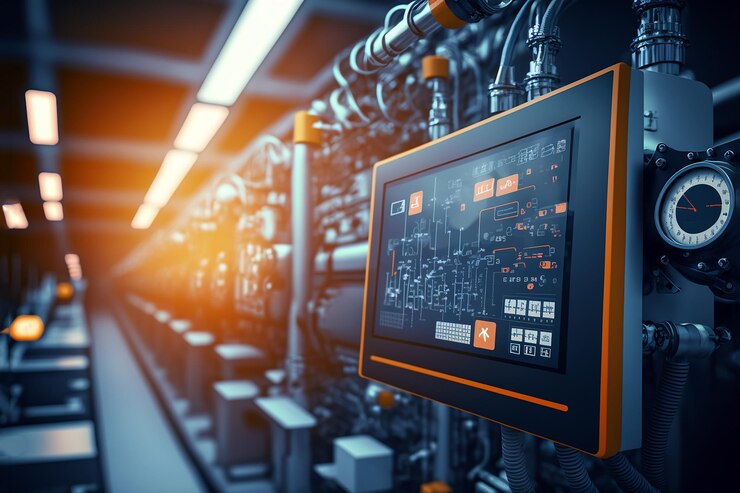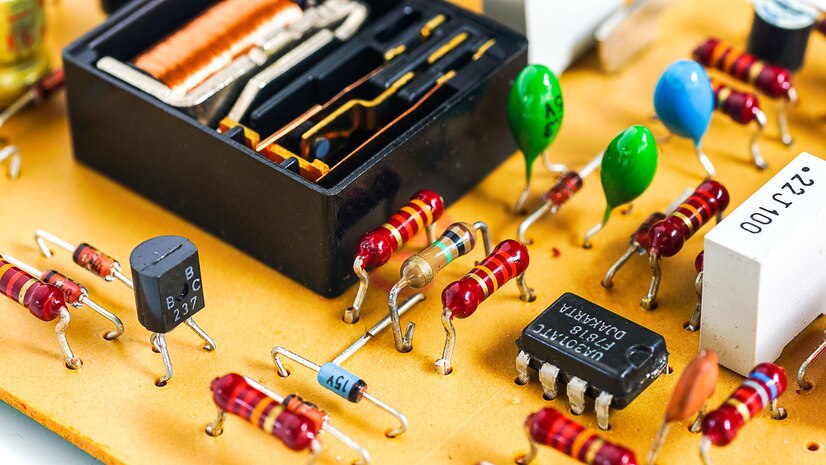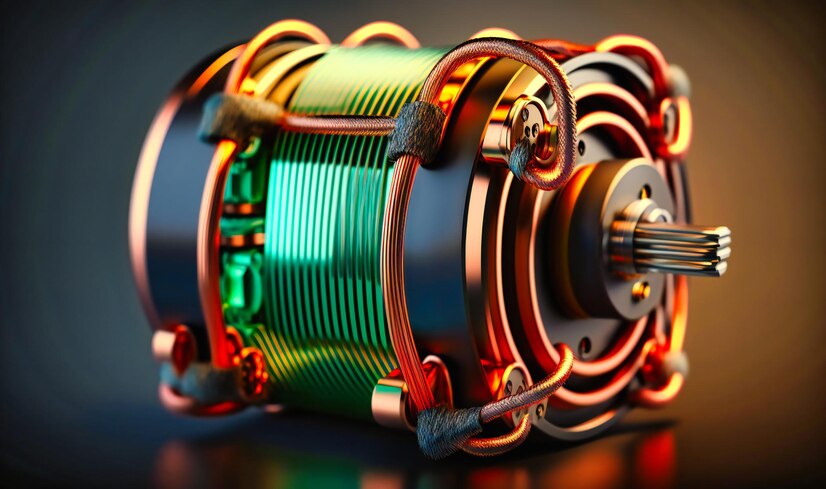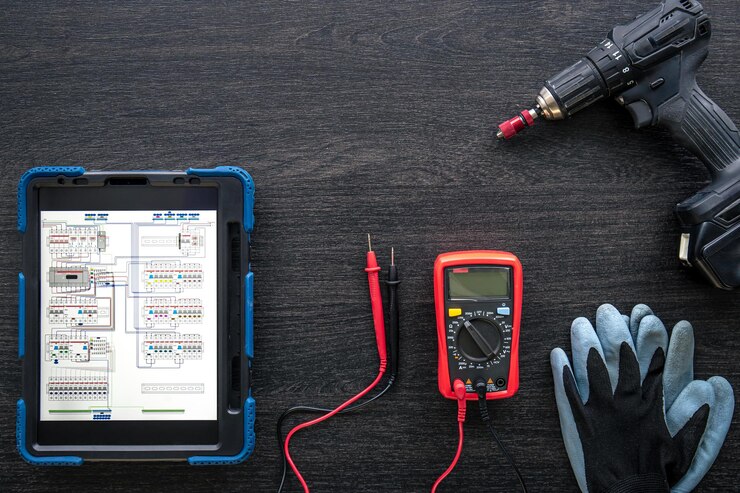When it comes to industrial automation and electrical control systems, a Motor Control Centre, often abbreviated as MCC, plays a pivotal role. This essential component is at the heart of controlling and managing electric motors, ensuring the smooth and efficient operation of various industrial processes. In this comprehensive guide, we will delve into the intricacies of Motor Control Centres, exploring their purpose, components, types, and their significance in industrial settings.
Understanding the Basics
1. What is a Motor Control Centre (MCC)?
A Motor Control Centre (MCC) is a centralized electrical panel or cabinet used in industrial settings to control and manage electric motors and associated equipment. It serves as a hub for distributing electrical power to multiple motors and includes various devices and components necessary for motor operation and protection.
2. Purpose of an MCC
The primary purpose of an MCC is to simplify the management and control of electric motors in industrial processes. It provides a convenient and organized way to start, stop, and monitor motors, ensuring they operate efficiently and safely. MCCs are commonly found in industries such as manufacturing, petrochemicals, utilities, and more, where motors are crucial for various processes.

Components of a Motor Control Centre
An MCC is composed of several key components, each playing a vital role in ensuring the safe and efficient operation of electric motors. These components include:
3. Motor Starters
Motor starters are devices that initiate and control the operation of electric motors. They can include various types, such as direct-on-line (DOL) starters, reversing starters, and soft starters, depending on the specific motor control requirements.
4. Circuit Breakers
Circuit breakers are designed to protect the MCC and connected equipment from electrical faults, such as overloads and short circuits. They interrupt the electrical circuit when such faults occur, preventing damage and ensuring safety.
5. Control Devices
Control devices in an MCC include buttons, switches, and indicator lights that allow operators to start, stop, and monitor motors. For ease of access and control, these components are frequently mounted on the front panel of the MCC.
6. Overload Relays
Overload relays protect motors from overheating due to excessive current. They detect abnormal current levels and trip the motor starter to prevent damage to the motor.
7. Motor Protection Devices
Motor protection devices, like thermal sensors and vibration detectors, monitor the motor’s performance and health, providing early warnings of potential issues.
8. Power Distribution
Power distribution components like busbars and wiring, which distribute electricity from the main source to specific motor starters and devices, are included in MCCs.
Types of Motor Control Centres
Motor Control Centres come in various types to cater to different industrial needs. The common types include:
9. Conventional MCC
Conventional MCCs consist of separate compartments for motor starters, control devices, and power distribution. They are suitable for smaller applications with limited motor control requirements.
10. Intelligent MCC
Intelligent MCCs, also known as smart MCCs, feature advanced monitoring and control capabilities. They often incorporate programmable logic controllers (PLCs) and communication systems to provide real-time data and remote control options.
11. Withdrawable MCC
Withdrawable MCCs have motor starters and other components mounted on drawers that can be easily removed for maintenance or replacement, minimizing downtime.
12. Fixed MCC
Fixed MCCs are appropriate for applications where mobility and flexibility are not critical because they feature stationary components.
Significance of Motor Control Centres
The presence of Motor Control Centres in industrial facilities offers several advantages:
13. Enhanced Safety
MCCs include various protective devices and safety features that minimize the risk of electrical accidents and equipment damage.
14. Improved Efficiency
Productivity gains and optimized energy consumption are the results of MCCs’ effective motor control and monitoring in industrial processes.
15. Simplified Maintenance
The modular design of MCCs, especially in withdrawable MCCs, simplifies maintenance and reduces downtime during repairs or replacements.
16. Centralized Control
MCCs provide a centralized point for controlling multiple motors, making it easier for operators to manage complex industrial systems.
Conclusion
In conclusion, an MCC (motor control center) is an essential part of industrial environments and is critical to the management and control of electric motors. Understanding its purpose, components, and types is essential for anyone involved in industrial automation and electrical systems. MCCs not only ensure the safe and efficient operation of motors but also contribute to improved productivity and reduced downtime in various industrial processes. visit us for more information











